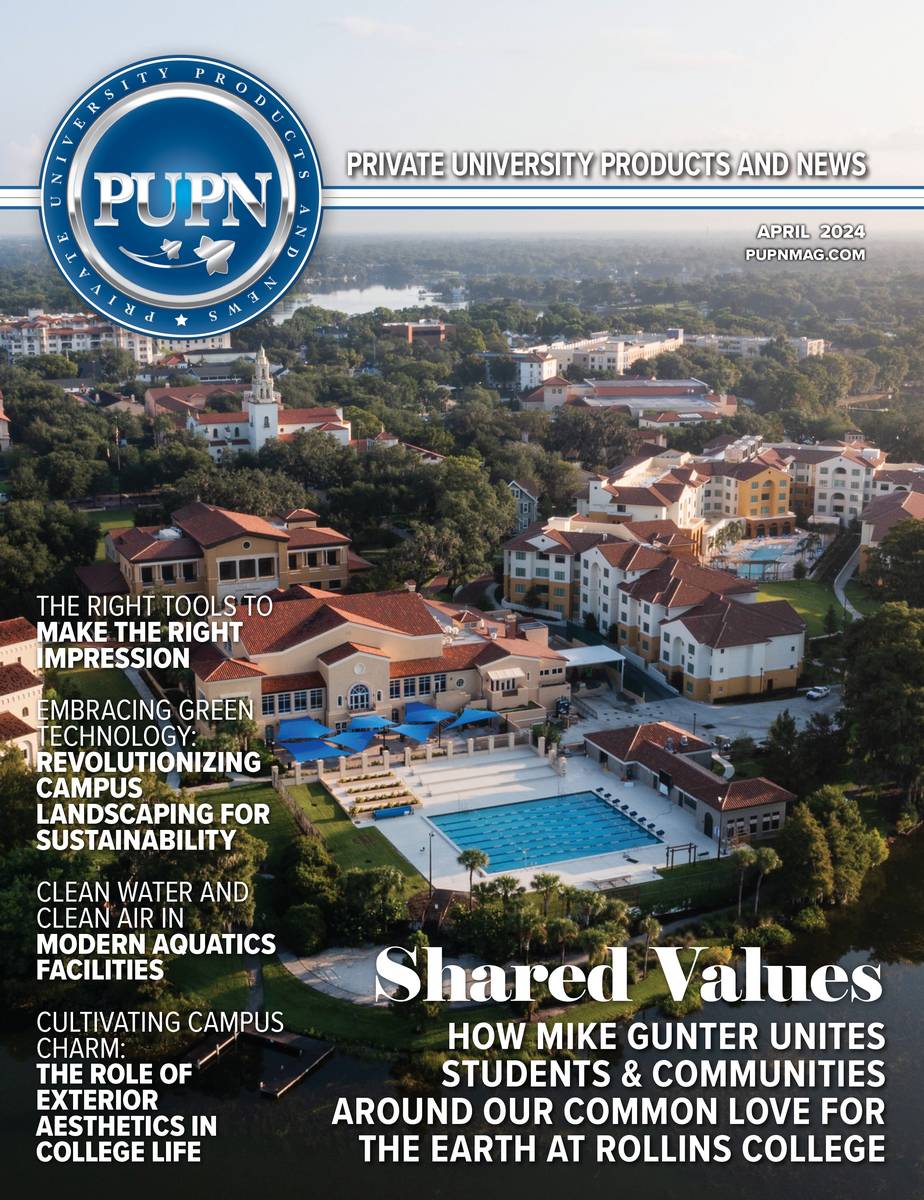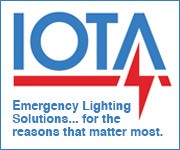In an attempt to uphold tradition, our world of cinematic color is seemingly shifting to black and white, rendering only the hyper contrasting views to be noticeable. In the digital age, being drawn into an echo chamber of similar mindsets can be tempting, if not inevitable, thus perpetuating polar ideals.
The United Methodist Conference Decision
At the 2019 United Methodist Conference, the Traditional Plan stated how Methodist churches across the globe should unify under a specific moral code; from this conference, the decision that has been a point of recent conversation and contention is the decree that the United Methodist Church (UMC) does not support its members or clergy to identify as LGBTQ.
According to the UMC’s official, self-published news site, many church officials feel the UMC has made it increasingly difficult for LGBTQ members to practice their faith, due to punitive implementations. In rebuttal to the broadening restrictions under the UMC’s Traditional Plan, the United Methodist Queer Clergy Caucus promoted a variation of the One Church Plan called the Simple Plan.
This plan aims to remove exclusionary language toward LGBTQ individuals from the Book of Discipline. The Simple Plan, like the One Church Plan, would put the discretion of LGBTQ acceptance back in the hands of the individual churches.
Methodist Colleges React
Considering the recent vote to support the Traditional Plan, many Methodist colleges and universities have issued statements on their opinions for either tradition or support.
Reverend Kelli Taylor, Vice President of Religious Life and Community Engagement and University Chaplain at Methodist University in North Carolina spoke with PUPN, and shared, “We strongly affirm access and inclusion of all students, faculty, and staff regardless of gender, gender identity or expression, sexual orientation, race, ethnicity, creed, or national origin…Methodist University has always fostered a community of inclusion, and our intention is to continue as a campus that welcomes people of all gender and sexual identities in the belief that all persons are of sacred worth.”
UMC Vote’s Impact on Campus Life
Rev. Taylor explained how UMC’s vote has affected campus life, seemingly for the positive. Though some students, particularly the ones who are not Methodist, do not seem affected by the vote—because they feel the vote has no bearing on their lives—many more students and professors are using the UMC’s declaration as a launching pad for discussion.
Taylor said, in addition to more students and faculty approaching her to discuss sexuality and/or Faith, she has also heard of professors providing a safe space for questions and discussion in their classrooms. In fact, the recent connections Rev. Taylor has forged with students who are delving into Faith as a way to cope with the struggles of the Traditional Plan verses One Church Plan is often a source of hope.
It is possible that the acceptance of LGBTQ individuals in the Methodist faith may be more quickly and widely acclimated on college campuses, due to the nature of the environment. Methodist colleges are at an advantage for promoting full-inclusion, because students are eager to have the conversations necessary to promote change and understanding.
The Whole Story of God
Rev. Taylor continued to explain her hermeneutic approach to reading and understanding the Bible, which allows her to view Scripture through a lens of tradition, reason, and experience. She explained how she views the Bible “in terms of the whole story of God that is still unfolding. I believe God created, and God is still creating.” Perhaps it is bias—perhaps it is simply being more socially aware; whatever the case, it seems that our country is becoming increasingly dichotomous.
She quoted Lamentations 3:22-23 (NIV), which reads: “The steadfast love of the Lord never ceases; his mercies never come to an end; they are new every morning; great is your faithfulness.”
Furthermore, Rev. Taylor marked on the difference between a church’s regional tradition versus the tradition that stems from the whole of Christian history, and how institutional traditional may lead to an unjust representation of God’s teaching; the stories of God must be seen in the context of their entirety.
Applying Hermeneutic Approach to any Ethical Dilemma
Rev. Taylor explained how the hermeneutic approach can be applied when faced with any ethical, religious dilemma. To paraphrase Rev. Taylor, reason involves discerning a situation via what is known of God and His story, while experience takes into account personal encounters with fellow man and Scripture.
This constant act of introspection and analysis allows for a fluid interpretation of God’s whole story, specifically within our own context. The context in which one reads Scripture is invaluable, because without understanding, story lines of “cherry-picked” scriptures, have the potential to erroneously support any given matter at hand.
As a Christian and as an ordained minister, Rev. Taylor explained her role is “not to condemn the world but to point the world to Jesus Christ.” Additionally, the New Testament presents Christ in the context of love, both for God and humanity; for these reasons, Rev. Taylor saw no conflict in Biblical teaching and LGBTQ community support, especially concerning LGBTQ individuals who chose to follow Faith.
Is the Dichotomy Real?
Per most mediums of information, such as news stations, social media, and articles, it seems as though the number of those in favor of tradition are at least equal, if not greater than those in favor of adapting to the changing social environment. But are some of the egregious claims merely displays of sensationalism?
The United Methodist Campus Ministry Association (UMCMA) released a statement declaring their support for the dignity of all people. At least 93 of 119 (78%) UMC-affiliated higher education institutions have made supportive statements of LGBTQ full-inclusion, according to Rev. Taylor.
It is worth noting that those institutions who have not signed in agreement with the UMCMA have not necessarily made statements against full-inclusion; they simply have not had a representative speak either way.
That said, Rev. Taylor also noted that in order to have the principles of Faith maintained, it may be possible, if not a necessity, for a separation to occur among Methodists who support the Traditional Plan, and those who chose to support full-inclusion.
This possible separation may also prompt a revival within the church, and ultimately a closer connection with a Higher Power. The UMC site has posted numerous articles concerning how conflicted LGBTQ advocates are, as well as a “love letter” from the UM Queer Clergy Caucus to all who may be feeling hurt by the Traditional Plan, with the aim of empowering and showing compassion.
To mirror the sentiment of many One Church supporting clergy, LGBTQ is not an issue–it is a group of people–and it would benefit the church to focus on community as opposed to the differences among its members. Whether or not separation is in the UMC’s future, it has been made clear by many Methodist institutions that their campus will support their students and faculty by any means necessary.










